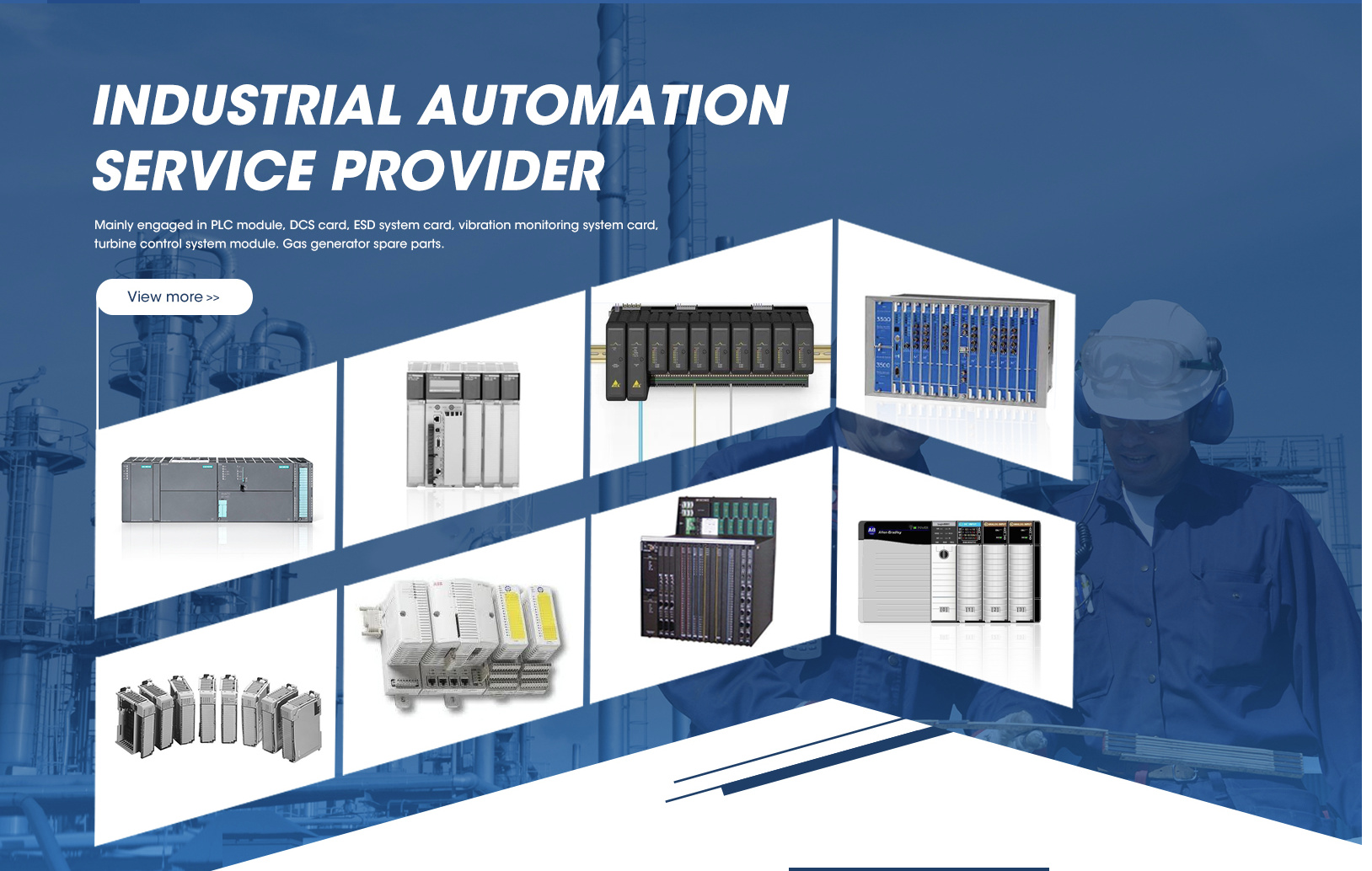The HE693DAC410 is a PACSystems RX3i series controller module provided by GE Intelligent Platforms. It is mainly used in industrial automation control systems, with a variety of functions and application scenarios.
Features:
Data acquisition and processing: able to receive and process signals from various sensors and actuators.
Control function: Based on the input signal, generate accurate control output signals to control industrial equipment or processes.
Communication capability: Support a variety of communication protocols and interfaces, such as Ethernet, RS-232/485, etc., to facilitate data exchange with other devices or systems.
Programming and configuration: Support a variety of programming languages and tools, users can be programmed and configured according to specific needs.
Application scenario:
Manufacturing: In the production line, HE693DAC410 can be used to monitor and control the operating status of various mechanical equipment to ensure the smooth progress of the production process.
Energy industry: In areas such as power stations, wind power and solar power, the module can be used to monitor and control the process of energy generation and distribution.
Logistics and Transportation: In automated warehouses and transportation systems, the HE693DAC410 helps manage the movement and storage of goods.
Building automation: In intelligent buildings and building automation systems, this module can be used to control lighting, air conditioning, security systems, etc.
Technical parameters:
Output range: Multiple voltage and current output ranges are supported to meet the needs of different applications.
Protection class: IP65, with high dust and water resistance, suitable for harsh industrial environments.
Operating temperature: It can work normally in the temperature range of -40 ° C to 85 ° C and adapt to various environmental conditions.

The HE693DAC410, part of GE's PACSystems RX3i family of intelligent platforms, has some obvious advantages and potential drawbacks. The following is an analysis of its advantages and disadvantages:
Advantages:
High degree of flexibility and configurability: The HE693DAC410 allows users to program and configure it according to specific application requirements, enabling it to adapt to a variety of different industrial automation scenarios.
Powerful communication capabilities: Support for multiple communication protocols and interfaces, making integration with other devices or systems simple and efficient.
High reliability: Designed for harsh industrial environments, with high dust and water resistance (IP65 protection class), stable operation in a variety of environmental conditions.
Wide range of applications: suitable for manufacturing, energy industry, logistics and transportation, building automation and other fields, has a wide range of market application prospects.
Easy maintenance: The modular design makes troubleshooting and replacement easier.
Potential downsides:
Cost: As a high-end industrial automation control module, the HE693DAC410 can be sold at a relatively high price and may not be suitable for projects with limited budgets.
Technical threshold: Programming and configuration may require professional knowledge and skills, and the requirements for technical teams are high.
Compatibility Limitations: Although the module is designed to be compatible with multiple systems, in some specific cases, specific hardware or software may still be required to ensure compatibility.
Updates and upgrades: As technology continues to evolve, it may be necessary to constantly update and upgrade hardware and software to remain competitive.







